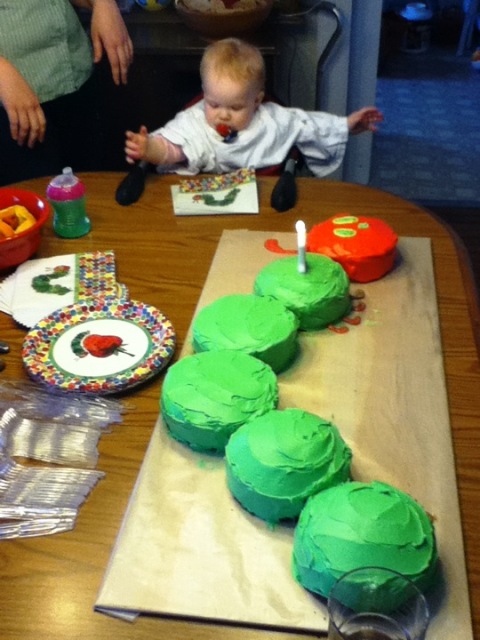I’ve known hospitals, in general, and one in particular far more than I’d care to--never as a patient, but even so, more than I'd care to.
Starting in sixth grade, I spent a lot of time at the Medical College of Ohio (MCO) in Toledo, where my father had two surgeries a year apart to try to remove malignant brain tumors. And then he was there quite a while after the second surgery went awry. We drove the hour-plus between my childhood home and MCO more times than I can remember, and mostly they all blend together.
One scene stands out in my mind: Back then, smoking was allowed pretty much on every floor except for the one with the lung cancer patients and where oxygen was in use. I remember the ash trays,with their little beaches of sand, and just as vividly I remember a man who was dying from lung cancer coming down to the waiting room where we sat. First, he tried to bum cigarettes off the people waiting there, but when the nurses had told everyone that he had lung cancer and was not to be given cigarettes, he took to rooting through the ash trays looking for butts that still had something worth smoking—and it didn’t take much to meet that criterion for him. That was probably the first time I saw true desperation.
Another scene. December of 1989 or 1990. There was a big Christmas tree in the lobby, and hung on it were ornaments that had been crocheted from white threads. My mother took a few of the ornaments off the tree to take home and copy. A man on the elevator saw her take them and said “Lady, you sure have your nerve.” I don’t remember if it was before or after that, but my mom made a lot of ornaments and not only brought back the ones she’d taken but also donated more ornaments. She might already have been donating ornaments to the hospital and just wanted to learn add new patterns to her repertoire, or maybe that’s how she got her start. In any case, it didn’t hurt anyone and she made and gave away a lot of nice ornaments not just to the hospital but to many other people as well.
Step forward over 20 years and I find myself there again, though MCO is now the University of Toledo Medical Center. It looks a lot like MCO to me, but at the same time everything’s changed; the stream is the same but the water’s moved on.
We got a call Thursday night that my mother had fallen, either from a heart attack or a heart attack had followed her falling. She’d been taken to the local hospital and from there to UTMC. She said she almost just decided to lay there on the floor until morning, but she did drag herself to the phone. If she’d stayed there, said the first doctors she saw, she would have died. Fortunately, she didn’t and she didn’t. We nearly left Thursday night to head to Ohio but were prevailed upon to get some sleep and make our way out in the morning. Details have been slow to follow. One that's emerged is that her carotid arteries are pretty severely blocked. They discovered pretty quickly that she has a fairly severe kidney infection, and until that has been treated, they can't treat her cardiovascular problems or even fully diagnose them.
All of which leaves us in limbo. We don't know whether or what kind of surgery she may need, nor the recovery period that will follow. We don't know if/when they'll release her to "home," and we haven't figured out what that will mean. In less than a year she's fallen and broken her hip and now had a near-fatal fall and heart attack, so it seems clear that her days of living alone, four hours away from us, are at an end. But where, precisely, do we go from here? Unclear. Today, she seems to be fairly sharp, mentally, but that hasn't been uniformly true since she's been here.
And this gets at one of the biggest differences between when we came to this hospital for my dad's cancer treatment and being here now: responsibility. Back then, I was along for the ride, responsible only for sorting out and managing my own emotions, dealing with the prospect of losing my father. It was, of course, plenty of responsibility for my age, but it's very different from these adult responsibilities, trying to find a balance between home life, work responsibilities, and care for my mother. As a friend told me, "It's not easy or particularly graceful to dance through adulthood." Especially since we seem to be making up the steps as we go.



